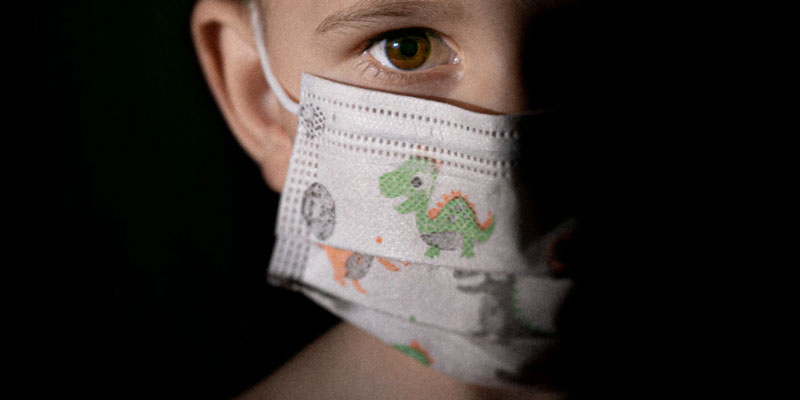
Despair that we are institutionally incapable of addressing our problems.
The response to COVID showed that we aren’t a serious society. One hallmark of that condition for all to see (if they look) is that we are institutionally incapable of identifying the actual causes of our difficulties and, therefore, of addressing them. Consequently, because the solution of the clueless must always be to throw more resources at a problem, we’re going to make things worse.
For today’s example, turn to Lynn Arditi’s brief article on a recent Rhode Island Kids Count report. The topline number is that 98 children were hospitalized because of abuse or neglect in the Ocean State in 2020, which represented a 145% increase over the prior year, which itself represented a significant increase over the prior year:
The sharp rise was related to an increase in mental health issues and “the stresses associated with the pandemic,’’ Katherine Chu, a Kids Count spokeswoman, said in an email. The closure of daycare centers and schools during the pandemic increased stress on families, she said, and also removed children from teachers and caretakers who could report suspected abuse or neglect.
The immediate cause, in other words, was the government-enforced shutdown of our communities. (The toll of that decision continues to climb.) But RI Kids Count turns its attention to the lack of reporting. So, predictably:
“The devastating effects of the pandemic fell on the shoulders of our most vulnerable children and families,” Elizabeth Burke Bryant, executive director for Rhode Island Kids Count, said in a statement. “Now more than ever, we need to ensure that we provide the funding to support the community-based providers that provide the mental health services, prevention services and early intervention services children need to be safe and supported.”
Kids Count recommended expanding services for at-risk young children and families, including raising Medicaid reimbursement rates for programs that serve them to improve the recruitment and retention of staff, and improving screening and evaluation tools to assess mental health needs of infants and young children who have been neglected or abused.
We will see no reevaluation of the state’s decisions. No serious consideration of whether the tradeoffs were worthwhile or whether another option existed. Even as our institutions deteriorate before our eyes, the only solution institutionalized advocates can conceive is to rely more heavily on those very institutions.
We will see no attempts to address the underlying causes of our social ills because we might (read: “will surely”) then find reason to reverse our radical turn, which is the motivating force behind the sorts of people who fund and produce these reports and the resulting policies.
Featured image by Jan Kopriva on Unsplash.
